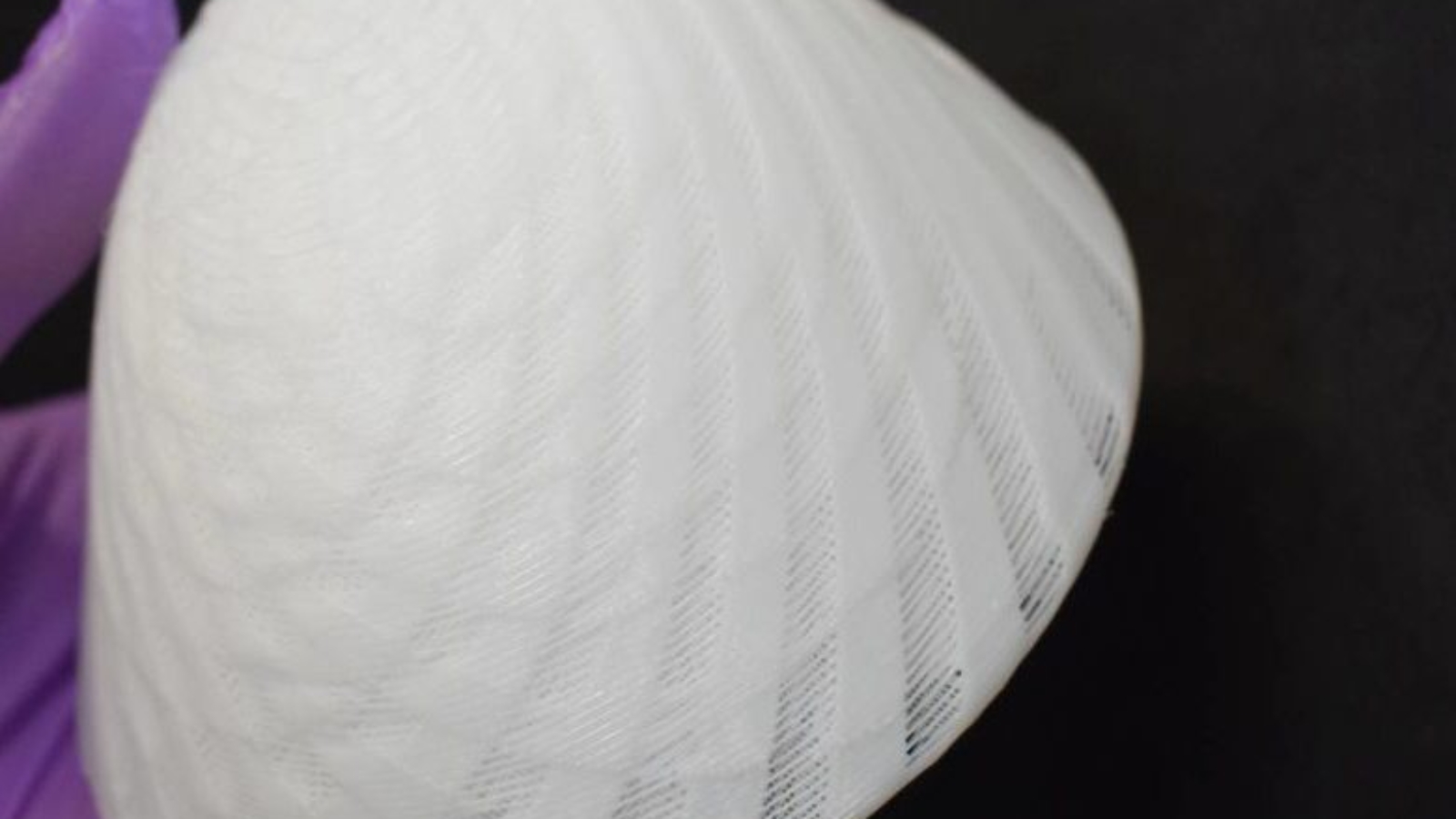BellaSeno GmbH, an ISO 13485-certified MedTech company developing resorbable chest and breast implant scaffolds using additive manufacturing technologies, began two clinical trials of its products in Australia, which are sponsored by its Australian subsidiary BellaSeno Pty. Already, recruiting has started in Brisbane, Australia.
The first trial is expected to enroll 10 patients with pectus excavatum, a common congenital chest wall deformity in which the breastbone is sunken into the chest. The principal investigator of this trial is Dr. Michael Wagels, Director of the Herston Biofabrication Institute (HBI), Specialist Plastic and Reconstructive Surgeon at the Princess Alexandra Hospital, Director of the Australian Centre for Complex Integrated Surgical Solutions (ACCISS) and Senior Lecturer at the University of Queensland. BellaSeno already published first-in-human data in 2021, demonstrating that its implant was able to camouflage a pectus excavatum defect not reconstructable by conventional techniques.
The second trial aims to enroll 20 patients who either need breast implant revision or surgery to correct congenital breast defects. The principal investigator of the second trial is Prof. Owen Ung, Director of the Comprehensive Breast Cancer Institute (CBCI), a consultant breast surgeon at the Royal Brisbane and Women’s Hospital and Professor of Surgery, University of Queensland, Australia.
Manufacturing on Demand
In both trials, patients will receive porous polycaprolactone implants produced in Bellaseno’s AI-driven additive manufacturing facilities by a no-touch approach. Polycaprolactone has been used in healthcare for decades as absorbable suture material. Once the implants are inserted in compressed form by minimally invasive surgery, the structure unfolds and is subsequently grafted with the patient’s own fat tissue obtained by liposuction. Within up to 5 years, the polycaprolactone scaffold is fully absorbed and replaced by fat cells, leaving no permanent remnants of foreign material in the body. This scaffold-guided tissue reconstruction (SGTR) provides a promising alternative to silicone or other permanent implants. The Company´s novel implants are designed to ultimately result in natural tissue.
The primary outcome of the trials will be intra- and post-operative device safety; secondary endpoints are adverse event rate and frequency of complication. Secondary endpoints comprise, among others, change in (fat) volume and soft tissue retention as well as pain and quality of life.
“This trial is a very important step for us to demonstrate that our approach is not only safe but leads to substantial improvements in terms of long-term safety, health and quality of life,” said Dr. med. Tobias Grossner, CMO of BellaSeno. “We very much hope the trials once more confirm our scaffold-guided tissue reconstruction concept.”
“We are delighted to spearhead the administration of novel, fully absorbable implants for soft tissue reconstruction applications. There is a clear need for a safe alternative to contemporary alloplastic materials and operative techniques in pectus excavatum and breast surgery. Having customizable implants that resorb, leaving behind the patient’s own tissues, is a big step forward,” said Dr. Michael Wagels, Principal investigator of the pectus excavatum trial.
“It is important to us that patients have access to healthier alternatives to permanent implants. There is a strong demand for restoring fully natural breast tissue without potentially risky remnants in the body. We believe that BellaSeno´s solutions can play an important role in addressing these needs,” added Prof. Owen Ung, Principal investigator of the breast trial.
You might also like:
Stryker opens new 3D printing facility in Anngrove, Cork: “The new facility and talent will continue to unlock new opportunities that were previously not possible, accelerate innovation globally, and further support our mission to make healthcare better together with our customers. With our experience and proprietary technology, we are excited to impact more patients and drive growth with this additional investment. We are also pleased to expand our talent base in Ireland with engaging roles across a range of disciplines. At Stryker we are committed to a diverse, safe, and inclusive work environment,” said Viju Menon, Group President Global Quality and Operations at Stryker.
* This article is reprinted from 3D Printing Media Network. If you are involved in infringement, please contact us to delete it.
Author: 3D Printing Media Network



Leave A Comment